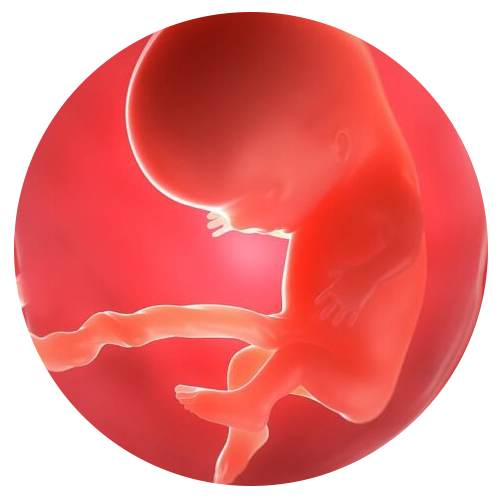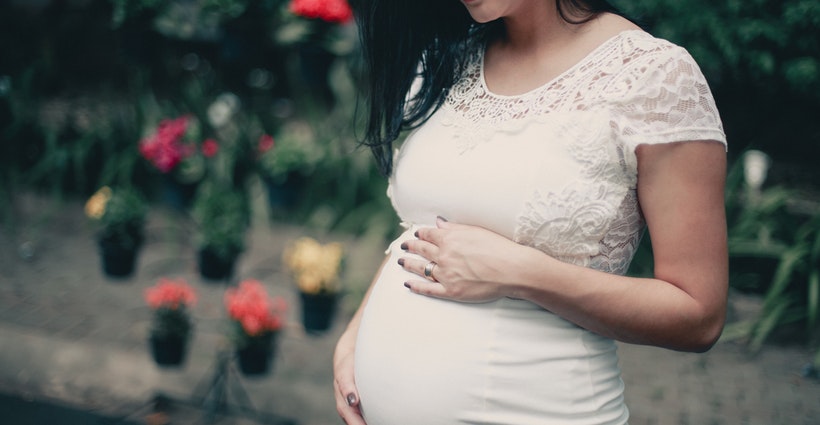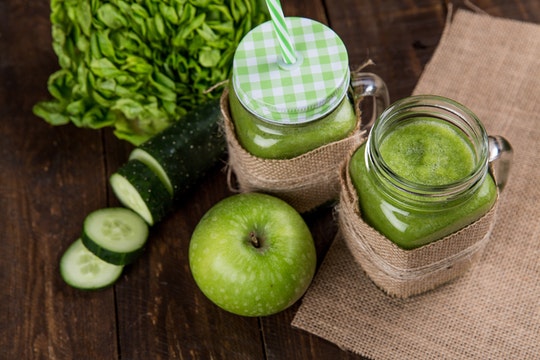10 weeks pregnant: Pregnancy Symptoms & Baby Development
Find out what to expect from every week of your pregnancy.
10 weeks pregnant is how many months?
Month 3 (Trimester 1)
Baby development at 10 week
Weight gain

Iron
By your 10th week of pregnancy, your baby measures between 3 and 4cm long and roughly the size of a fig. Although already baby-like in appearance, their head is still disproportionately large – a sign of all the brain development that has occurred even at this early stage.
Within your baby’s developing jawbone, tiny teeth buds are forming. Miniscule ear canals are also taking shape, while throughout the rest of the body, bones and cartilage are beginning to grow.

At 10 weeks pregnant, you might start to see the beginnings of a pregnancy bump, although this isn’t true for everyone.

Early pregnancy symptoms at 10 weeks
Early pregnancy symptoms vary from person to person. At 10 weeks, you may experience any of the following signs of pregnancy, or no symptoms at all:
Iron-rich foods include red meat, oily fish, eggs, dried fruit, fortified breakfast cereals and wholegrain breads, as well as some green, leafy vegetables. These foods all contain a wide range of important nutrients in addition to iron.
Plan meals that contain the following iron-rich ingredients:
- Lean meat (always make sure it’s well cooked) and oily fish, such as sardines
- Dark green vegetables, including broccoli, watercress, spinach and kale
- Nuts, especially cashew nuts
- Beans and pulses, such as chickpeas and lentils
- Wholegrain, including wholemeal bread and iron-fortified breakfast cereals
- Dried fruits, such as apricots, prunes and raisins
- Eggs

THE SCIENCE BEHIND IRON
Powered by Nutricia
An adequate intake of iron supports the formation of red blood cells and haemoglobin in your blood, which carry oxygen around your body12. Having healthy red blood cells reduces your risk of developing anaemia. Sometimes called iron deficiency anaemia, this condition can leave you feeling tired, washed-out and breathless.
To support your baby’s brain development, try to include an extra 200mg of DHA each day. Oily fish are an excellent source and eating 1-2 portions of oily fish per week will provide sufficient DHA for you and your baby. However, it’s recommended that you eat no more than two portions per week due to the toxins they may contain. For a healthy intake of other Omega 3 fats on the days you don’t eat oily fish, snack on a handful of nuts or start your day with a bowl of wholegrain cereal.
